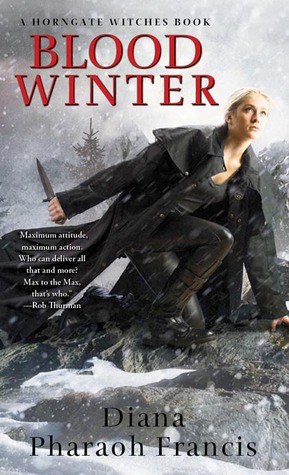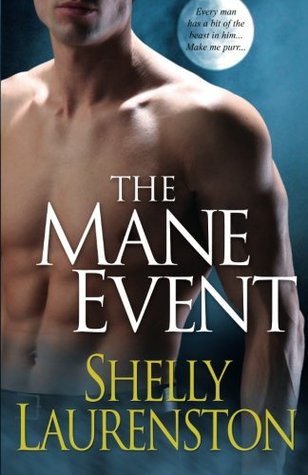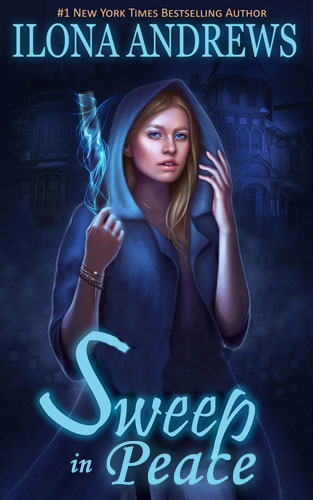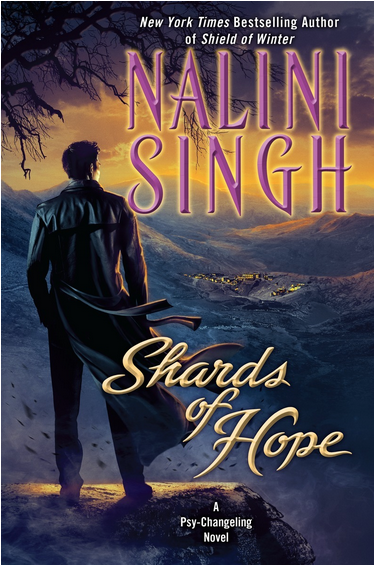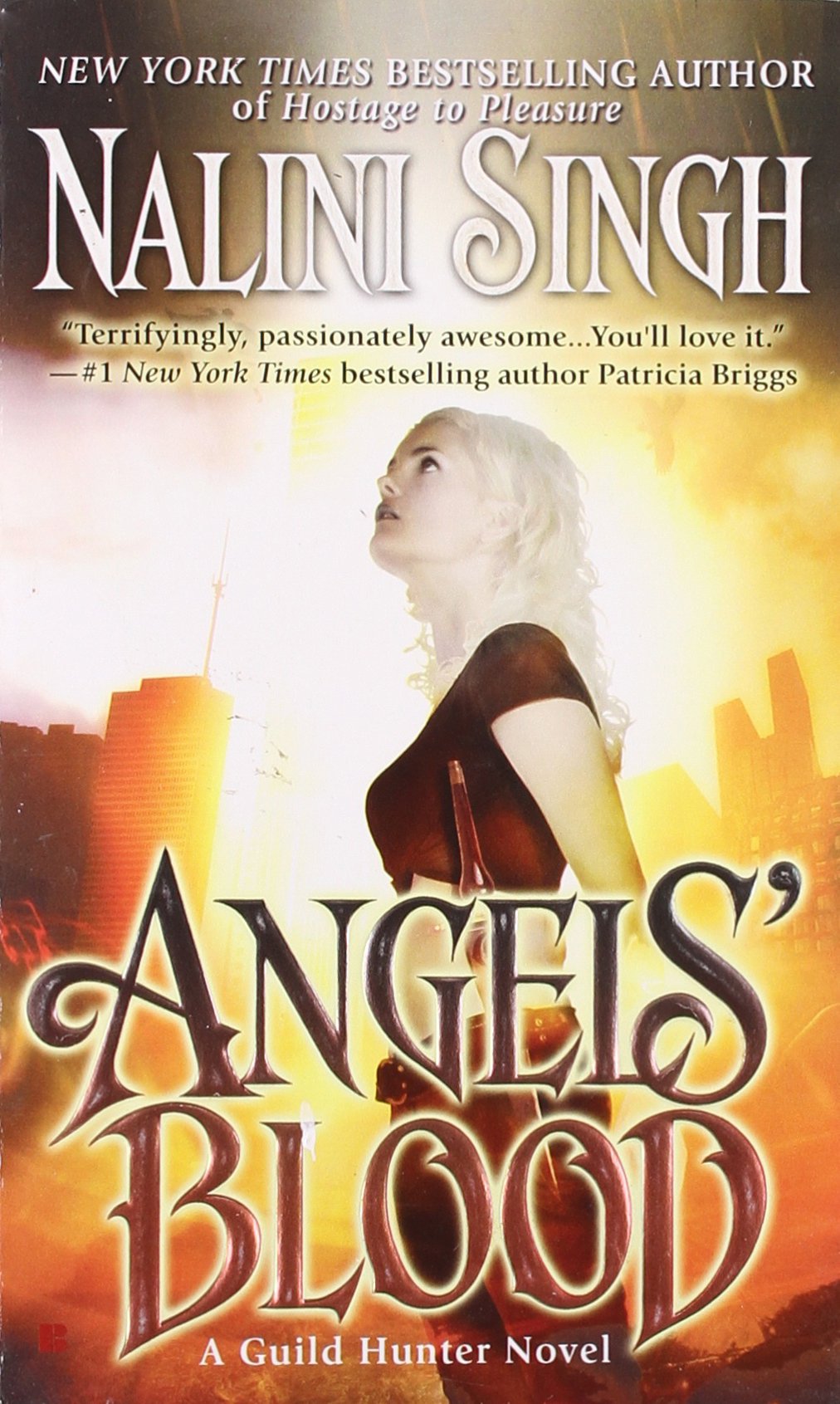Blood Winter is the fourth and final book in the Horngate Witches series by Diana Pharaoh Francis. Unfortunately, it feels like it was not meant to be the final book—too many things are left open-ended and unresolved. This is disappointing since as a reader you’re left wanting more and wondering why you read the previous three books.
This book once again follows Max and Alexander, but instead of moving forward with the progress from book three, you take three steps backward. By this point in the series, the Max and Alexander relationship is frustrating. Since the series is not focused on the romance, there comes a point where you want the romance to either end, or to be strong enough to add to the plot and make the main characters stronger. I kept waiting for Max and Alexander to mimic Kate and Curran (Ilona Andrews) or Raphael and Elena (Nalini Singh) but, instead of making them stronger, their relationship stayed at odds and held both characters back. While there’s a light at the very end of the tunnel, the journey is not worth it.
Beyond the relationship between the two main characters, this book again takes a tangent and does not focus on the main Guardian storyline. More so than the other three books in the series, Blood Winter has a bad guy that Max and her team need to defeat in order to win. Until this book, Max has not focused on a single adversary which makes this storyline stand out in the crowd, but not necessarily in a good way. The main antagonist is a religious zealot who burns witches at the stake and attacks anyone magical. While this may have been a great side-story to add tension to the world of the Guardians, instead it takes up the entire focus. Ms. Francis creates an excellent and very hate-worthy villain, but the lack of series arc movement was, once again, frustrating.
Some good things are that Giselle FINALLY plays a role in the story. In every other book, Giselle is mostly a background character who shows up occasionally and the rest of the time is used as fuel for Max’s hate. In Blood Winter Giselle is finally a part of the action, at least of a little bit, which is a nice change. Yet, since we know so little about Giselle, it’s too little too late. The other side characters also play a larger role in this book, although Max’s family just seems to be there to cause trouble. Unfortunately, most the characters are very “angsty” and not very likable, which makes the story slow and at times, increasingly annoying.
The most frustrating part of the book is the ending. When I found out the reason behind the villain and the entire conflict, I was ready to throw in the towel. If this hadn’t been the last book in the series, it would have been my last book. The purpose of the villain was non-sensical and completely unnecessary to the world. And his defeat is so rushed and awkward that I had to reread it a few times in the hopes that I missed something that wasn’t there.
Ms. Francis sets up the series arc from book one, but that story is never told. The Guardians are, apparently, not a main part of the book and are just there to make the world bent on destruction. The entire storyline with Scooter is not needed because by the final book, that plot line plays absolutely no role for Max—besides the fact she is no longer a slave to Giselle. Max’s family is also only used to cause trouble and not to advance Max as a character or the plot line of the world. In fact, it feels like nothing revealed in books two, three, or four matches the setup of book one.
This finale was extremely disappointing and a very difficult read. By halfway through the book I was flipping to the final pages just to see how it ended and get it over with. Overall the series had a lot of promise, but the plotting of the arc was lost within tangents. Diana Pharaoh Francis built an engaging and unique world, but the follow through left too much to be desired. By the end of the Blood Winter I was eager to pick up a different series and move on, which is unfortunate.











